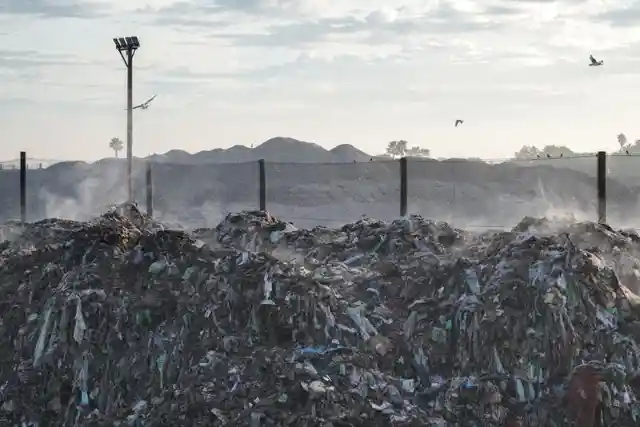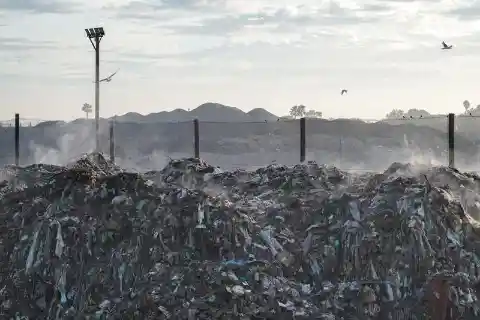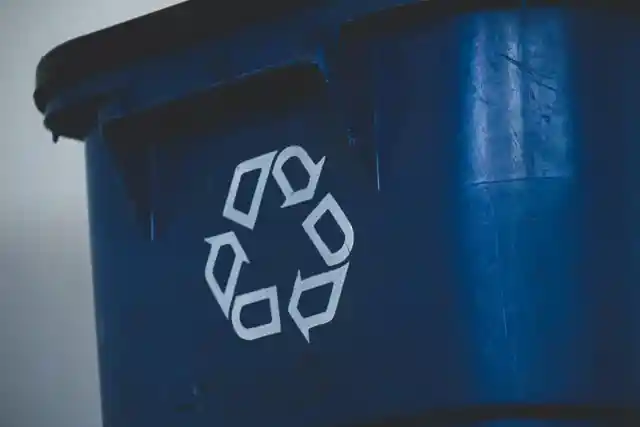Landfills have become a major eyesore and something that points to the slow but gradual ruination of our planet. While many deem them to be ‘necessary’, this would not be hard to argue against. That being said, for many, the main problem with landfills is the ridiculous levels of methane that they produce. Yet, according to research carried out recently at Arizona State University, we could find a positive use for all of this methane yet.


The development of massive quantities of methane and CO2 makes it harder than ever to fight back against climate change. However, Mark Reynolds, the lead author of this new study and research group, alongside his team, might have found a way to use this methane for something beneficial. They have found that the structure of some of the microbes found in a dry landfill differs from what you would find in a more temperate climate.
At the moment, the process used to deal with build-up is known as flaring. The emissions are captured as a form of biogas and are then flared after being converted into CO2. The experts behind this group, though, believe that we could be capturing and processing around one-fifth of the US landfill emissions. At the moment, we are seeing around a 50/50 split between methane and CO2 being produced at landfill sites.


By learning more about the various microorganisms that exist within our landfill sites, we might be able to do more to capture and utilize them. Large volumes of methane could then be used to help better produce things like electricity, fuels, and even ways to heat our buildings.
While far more work is needed to work out how we can do this, the research and study have already begun. The hope will be that in years to come we can find ways of using these dangerous, damaging byproducts for something that can genuinely benefit our species and society.
The idea of turning garbage into fuel could be a legitimate way to make use of the expensive eyesores that landfills have become.